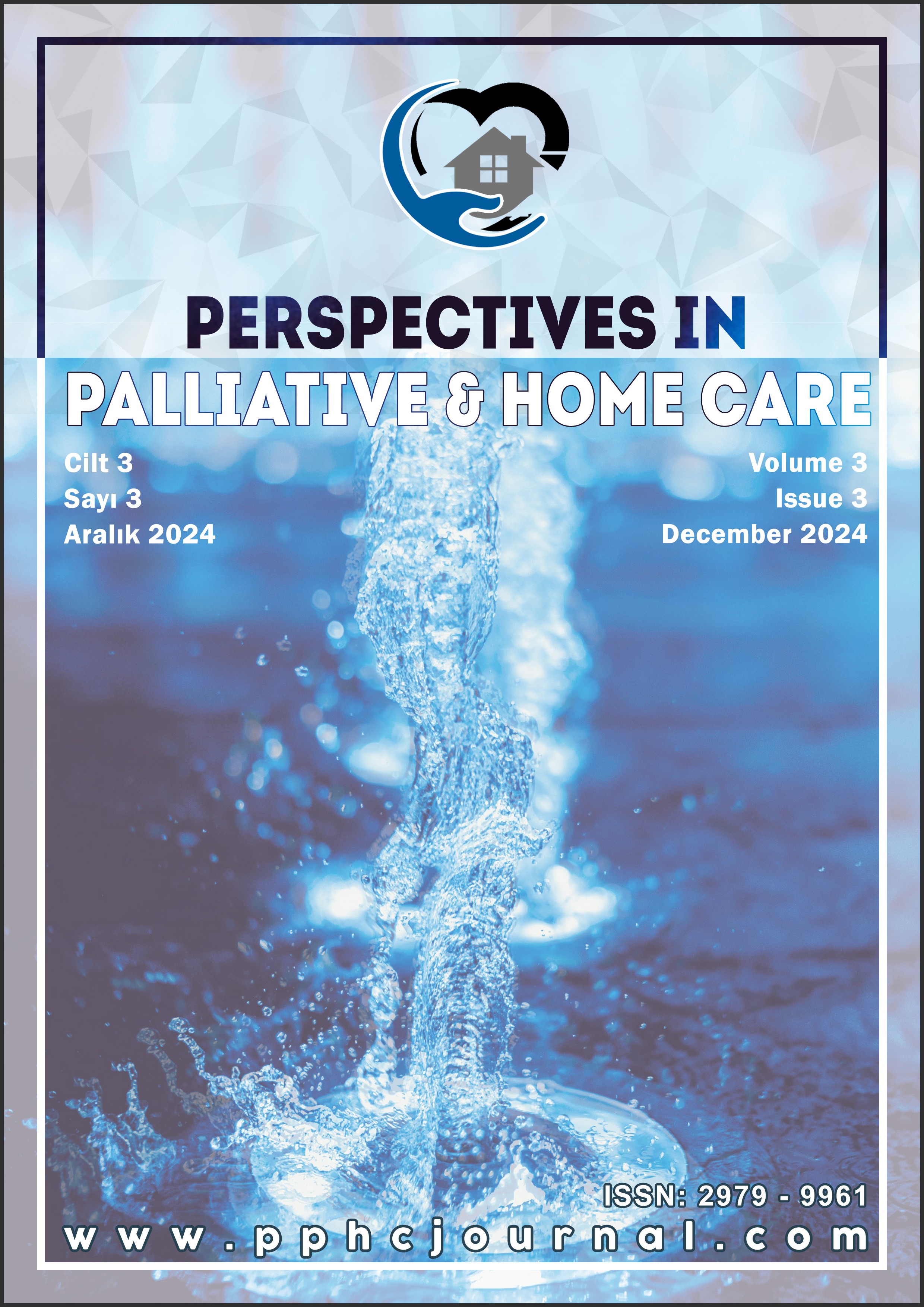Author :
Abstract
Amaç: Bu araştırma, akademisyenlerin duygusal zekâ düzeyleri ile mesleki tükenmişlik arasındaki ilişkinin incelenmesi amacıyla tanımlayıcı ve ilişki arayıcı nitelikte yapılmıştır.
Gereç ve Yöntem: Araştırmanın evrenini, Adıyaman Üniversitesinde görev yapan 261 akademisyen oluşturmuştur. Araştırmanın örneklemini, Ocak-Haziran 2013 tarihleri arasında, izinli ve raporlu olmayan, gönüllülük esasına göre araştırmaya katılmayı kabul eden 185 akademisyen oluşturmuştur. Verilerin toplanmasında araştırmacı tarafından hazırlanan “Tanımlayıcı Bilgi Formu”, “Duygusal Zekâ Ölçeği (DZÖ)” ve “Tükenmişlik Ölçeği (TÖ)” kullanılmıştır.
Bulgular: Akademisyenlerin yabancı dil sorunu ve akademik yayın sorununa göre DZÖ toplam puan ve alt boyut puan ortalamaları arasındaki farkın istatistiksel olarak anlamlı olduğu tespit edilmiştir (p<0.05). Akademisyenlerin yabancı dil sorunu ve akademik yayın sorunu ile TÖ toplam ve alt boyut puan ortalamaları arasındaki farkın istatistiksel olarak anlamlı olduğu tespit edilmiştir (p<0.05). DZÖ’ nün toplam ve alt boyut puan ortalamaları ile TÖ’ nün duygusal tükenme, duyarsızlaşma alt boyutları arasında istatistiksel olarak negatif yönde, kişisel başarı alt boyutu ile istatistiksel olarak pozitif yönde anlamlı bir ilişki olduğu tespit edilmiştir (p=0.001).
Sonuç: Bu sonuç doğrultusunda akademisyenlerin bireysel ve akademik yaşamda tükenmişlik düzeylerini azaltacak eğitim seminerlerinin oluşturulması, akademisyenlerin duygusal zekâ düzeylerini destekleyici ve tükenmişliklerine neden olan faktörlerin ortadan kaldırılmasına yönelik faaliyetlerin yapılması önerilebilir.
Keywords
Abstract
Objective: This research was conducted in a descriptive and relationship-seeking manner in order to examine the relationship between the emotional intelligence levels of academicians and professional burnout.
Material and Methods: The universe of the research consisted of 261 academicians working at Adıyaman University. The sample of the study consisted of 185 academicians who were not on leave and without a report, who agreed to participate in the research on a voluntary basis between January and June 2013. “Descriptive Information Form”, “Emotional Intelligence Scale (EIS)” and “Burnout Scale (BS)” prepared by the researcher were used to collect the data.
Results: It was determined that there was a statistically significant difference between the total score of EIS and the sub-dimension mean scores of the academicians according to the foreign language problem and academic publication problem (p<0.05). It was determined that the difference between the academicians' foreign language problem and academic publication problem and the total and sub-dimension mean scores of the BS was statistically significant (p<0.05). A negative interrelation has been statistically determined among total averages of the EIS and its Sub-Dimensional Point averages and Emotional Burnout and Insensitivity sub-dimensions of BS, but the relation between Personal Achievement sub-dimension was both meaningful and positive (p=0.001).
Conclusion: In line with this result, it can be suggested to create training seminars that will reduce the burnout levels of academicians in individual and academic life, and to carry out activities to support the emotional intelligence levels of academicians and to eliminate the factors that cause burnout.





